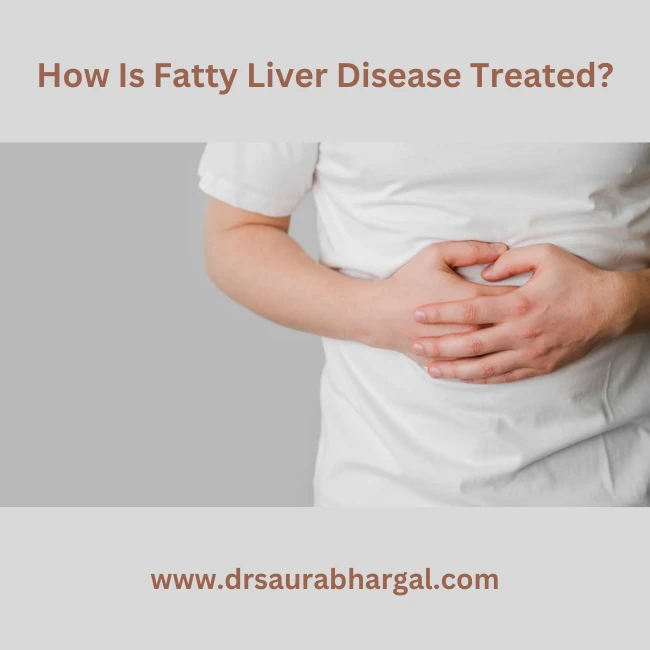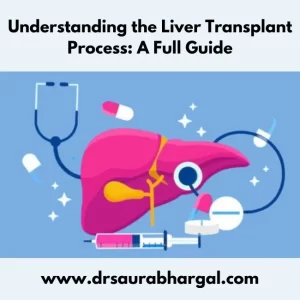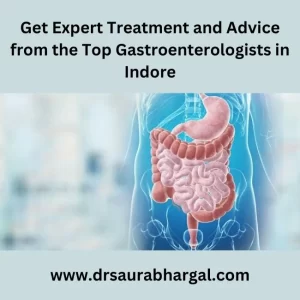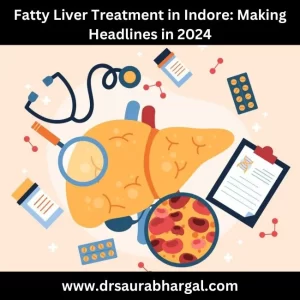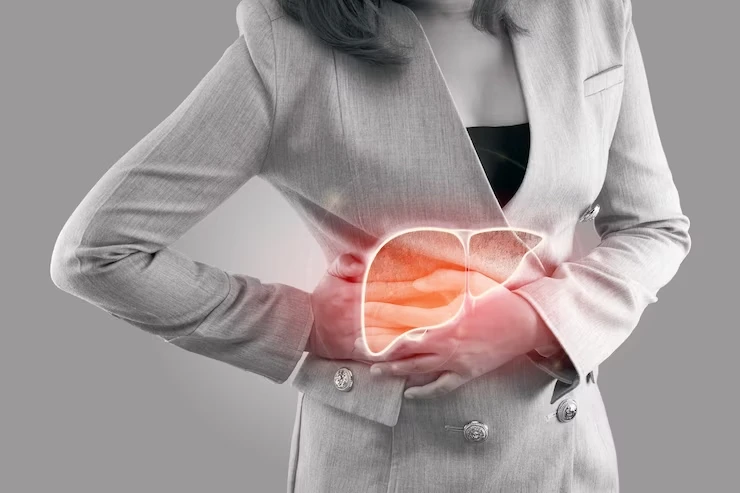Fatty liver disease, also known as hepatic steatosis, is a condition characterized by the accumulation of fat in the liver cells. It is a common condition that affects millions of people worldwide and can lead to serious complications if left untreated. Fortunately, there are various treatment options available to manage and reverse fatty liver disease. In this article, we will explore the different approaches to treating this condition, focusing on medical interventions, lifestyle modifications, and natural remedies.
Table of Contents
ToggleMedical Interventions
Medications for Fatty Liver Disease
One of the primary treatment methods for fatty liver disease involves the use of medications. Several medications have shown promising results in managing this condition. Here are some commonly prescribed drugs:
Metformin: Metformin is a medication typically used to treat type 2 diabetes. It has been found to be beneficial in reducing liver fat and improving insulin sensitivity in individuals with fatty liver disease.
Vitamin E: Vitamin E is an antioxidant that has shown potential in reducing inflammation and oxidative stress in the liver. It may be prescribed to patients with non-alcoholic fatty liver disease (NAFLD) to help improve liver function.
Omega-3 Fatty Acids: Omega-3 fatty acids, found in fish oil supplements, have been found to have a positive impact on liver health. They can help reduce liver fat and inflammation, making them a potential treatment option for fatty liver disease.
Surgical Interventions
In severe cases of fatty liver disease, surgical interventions may be necessary. These procedures aim to remove or reduce the amount of fat in the liver and restore its normal function. Some surgical options include:
Bariatric Surgery: Bariatric surgery is primarily performed for weight loss in individuals with obesity. It can also have a positive impact on fatty liver disease by reducing liver fat and improving liver function.
Liver Transplantation: In cases where fatty liver disease has progressed to end-stage liver disease, a liver transplant may be the only viable treatment option. During this procedure, a diseased liver is replaced with a healthy liver from a donor.
Lifestyle Modifications
Diet and Nutrition
Making dietary changes is crucial in managing fatty liver disease. A healthy diet can help reduce liver fat, improve liver function, and prevent further complications. Here are some dietary recommendations:
Reduce Saturated Fat: Limit the intake of saturated fats found in red meat, full-fat dairy products, and fried foods. These fats can contribute to liver fat accumulation.
Increase Fiber Intake: Include plenty of fiber-rich foods in your diet, such as fruits, vegetables, whole grains, and legumes. Fiber aids in digestion and helps remove toxins from the body.
Moderate Alcohol Consumption: If you have alcoholic fatty liver disease, it is essential to eliminate or strictly limit alcohol consumption. Alcohol can worsen liver damage and hinder the treatment process.
Regular Exercise
Engaging in regular physical activity is crucial for managing fatty liver disease. Exercise helps burn excess fat, improve insulin sensitivity, and promote overall liver health. Here are some exercise recommendations:
Aerobic Exercise: Engage in activities like brisk walking, jogging, swimming, or cycling for at least 30 minutes a day, five days a week. Aerobic exercises help burn calories and reduce liver fat.
Strength Training: Incorporate strength training exercises into your routine to build muscle mass. Increased muscle mass can improve insulin sensitivity and aid in weight management.
Natural Remedies
While medical interventions and lifestyle modifications form the foundation of fatty liver disease treatment, some natural remedies may complement these approaches. It’s important to note that these remedies should be used in consultation with a healthcare professional. Here are some natural remedies that may be beneficial:
Milk Thistle: Milk thistle is a herb known for its liver-protective properties. It contains an active compound called silymarin, which has antioxidant and anti-inflammatory effects.
Green Tea: Green tea is rich in antioxidants that can help reduce liver inflammation and promote liver health. Aim for 2-3 cups of green tea per day.
Turmeric: Turmeric contains a compound called curcumin, which has potent anti-inflammatory properties. It may help reduce liver fat and inflammation.
FAQs about Fatty Liver Disease Treatment
Q: Can fatty liver disease be cured completely?
A: With appropriate medical interventions and lifestyle modifications, fatty liver disease can be managed and, in some cases, reversed. However, the extent of recovery depends on the severity of the condition and individual factors.
Q: How long does it take to treat fatty liver disease?
A: The duration of treatment for fatty liver disease varies from person to person. It may take several months or even years to see significant improvements in liver health. Consistency in following treatment recommendations is key.
Q: Can losing weight help in treating fatty liver disease?
A: Yes, weight loss plays a crucial role in managing fatty liver disease. Shedding excess weight can help reduce liver fat and improve liver function. It is often recommended as part of the treatment plan.
Q: Are there any specific foods that help in treating fatty liver disease?
A: While there is no magic food for treating fatty liver disease, a balanced diet rich in fruits, vegetables, whole grains, and lean proteins is beneficial. Avoiding processed foods, sugary drinks, and excessive alcohol is also important.
Q: Can fatty liver disease recur after successful treatment?
A: Yes, fatty liver disease can recur if the underlying causes, such as obesity, unhealthy diet, or excessive alcohol consumption, are not addressed. Continued lifestyle modifications and regular monitoring are necessary to prevent recurrence.
Q: Is it necessary to take medications for fatty liver disease treatment?
A: Medications are not always necessary for treating fatty liver disease. In mild cases, lifestyle modifications alone may be sufficient. However, in more severe cases or when complications arise, medications may be prescribed to aid the treatment process.
Conclusion
Fatty liver disease is a prevalent condition that requires prompt intervention to prevent complications. By implementing medical interventions, making lifestyle modifications, and incorporating natural remedies, individuals with fatty liver disease can effectively manage and even reverse the condition. Remember to consult with a healthcare professional to develop a personalized treatment plan that suits your specific needs. With dedication and adherence to the recommended treatment strategies, a healthier liver and overall well-being can be achieved.
Are you seeking effective liver disease treatment in Indore? Look no further than Dr. Saurabh Argal, a renowned specialist in liver diseases. With his expertise and extensive experience, Dr. Argal provides top-notch medical care to patients dealing with liver conditions.
When it comes to liver disease, early intervention is crucial. Dr. Saurabh Argal understands this and offers comprehensive diagnosis, treatment, and management options tailored to each patient’s specific needs. His patient-centered approach ensures that you receive personalized care throughout your treatment journey.
By choosing Dr. Saurabh Argal for your liver disease treatment in Indore, you can expect exceptional medical expertise combined with compassion and empathy. Dr. Argal and his dedicated team prioritize your well-being and strive to deliver the best possible outcomes for every patient.
Whether you require medical consultations, advanced diagnostic procedures, or state-of-the-art treatment modalities, Dr. Saurabh Argal’s clinic is equipped with cutting-edge technology to meet your needs. The clinic maintains a warm and welcoming environment, ensuring your comfort during visits.
Don’t let liver disease hinder your quality of life. Take the first step towards effective treatment by contacting Dr. Saurabh Argal today. To schedule an appointment or learn more about the services provided, please visit his website or call his clinic at [insert contact information here].
With Dr. Saurabh Argal’s expertise and commitment to patient care, you can trust that your liver disease treatment is in capable hands. Reach out to him now and take control of your health.

